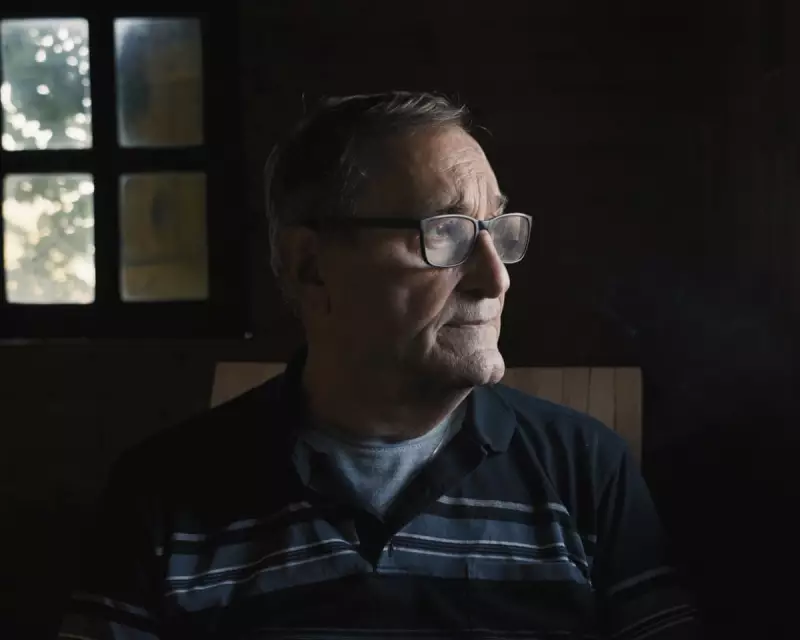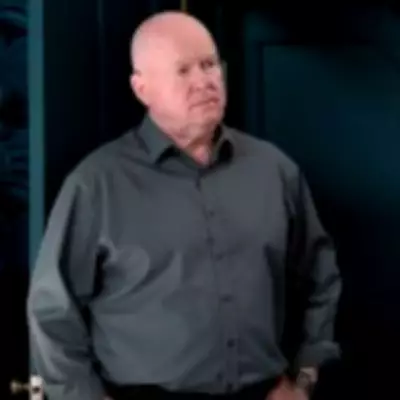
In a powerful new documentary that refuses to let wounds heal in silence, The Lost Boys of Mercury exposes the devastating legacy of abuse within Scotland's Catholic school system. This heartbreaking film follows survivors decades after their trauma, revealing how childhood torment continues to shape their adult lives.
Unflinching Testimony from Survivors
Director Thomas von Taschbach presents raw, intimate interviews with men now in their 50s and 60s who attended St Ninian's and other Catholic schools in Scotland. Their stories of physical and psychological abuse at the hands of those entrusted with their care are both shocking and deeply moving.
The film captures the profound emotional toll as survivors recount being caned, beaten, and psychologically tormented. One man describes how the abuse left him unable to form healthy relationships, while another speaks of decades spent battling addiction as a consequence of his childhood trauma.
Challenging the Church's Narrative
What makes The Lost Boys of Mercury particularly compelling is its examination of the Catholic Church's response to these atrocities. The documentary questions whether official apologies and reconciliation efforts truly address the deep, lasting scars borne by survivors.
Through careful juxtaposition of survivor testimony with church statements, the film raises uncomfortable questions about institutional accountability and whether any form of closure is possible for those whose childhoods were stolen.
The Enduring Impact of Trauma
The documentary excels in showing how childhood abuse reverberates through entire lifetimes. We see how these 'lost boys' carried their trauma into adulthood, affecting their careers, relationships, and mental health in ways they're still unpacking decades later.
One of the film's most powerful aspects is its portrayal of the support network that has formed among survivors, offering a glimmer of hope amid the darkness of their shared experiences.
A Necessary, If Difficult, Watch
While The Lost Boys of Mercury makes for challenging viewing, its importance cannot be overstated. The documentary serves as both a historical record and a call to action, insisting that society cannot look away from institutional abuse, no matter how uncomfortable the truth may be.
This is essential viewing for anyone concerned with justice, institutional accountability, and understanding the long shadow cast by childhood trauma.





